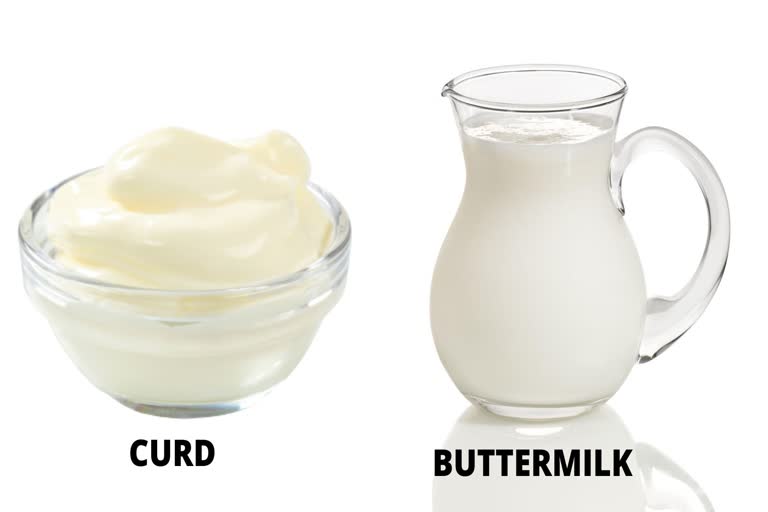Consumption of dairy products like Curd and buttermilk is an age-old practice in India. Milk and its products yield required nourishment to children and adults alike. However, in these days’ population spurt, the scanty production of milk has put constrained access to fresh milk. The Curd and buttermilk is made from pasteurized and stored milk may be due to deficient in traits which are described in Ayurveda. We spoke to Dr. Rajyalakshmi Madhavam Ayurveda, Professor about why consuming Curd and buttermilk is preferable.
Curd also known as Dadhi in Ayurveda Curd nourishes and improves our digestive power. It checks Tastelessness, boosts immunity, and strength. Useful in irregular fevers, diarrhea, emaciation, dysuria (difficulty in urination), rhinitis (common cold). Here are a few pointers that you should know about these dairy products:
- Avoid curd in obesity, bleeding disorders, inflammatory conditions.
- Avoid sour curd in Hyperacidity and Gastritis. If unavoidable then add some sugar to sour curd.
- Do not heat curd as it destroys the present useful bacteria.
- Sweet curd pacifies vata and pitta that increases body fat and kapha.
- Sour curd increases digestive fire, pitta, and kapha.
- Curd prepared from Goat's milk balances all humors in the body. Improves digestion. Useful in respiratory ailments.
- Curd prepared from buffalo milk gives strength to the body.
Consuming Curd at night:
- One should avoid consuming curd at night as it may block vessels in the body (Srotas)
- If you want to eat curd at night add ghee, sugar, honey, green gram or amla, or a pinch of pepper powder.
- It is harmful to take sour curd in autumn, summer, and spring seasons.
- People should avoid Mandhakam dadhi (Incompletely formed curd) as it may cause diabetes.
Buttermilk:
- Buttermilk also called Takra in Ayurveda is prepared by churning the curd by adding water in it. After Butter is removed the semi-thick liquid is Buttermilk.
- There is a saying in Ayurveda…. Nectar (Amrita) is for Gods and buttermilk is for human beings which improve digestion and reduces inflammation as well.
- Buttermilk can be given to patients of piles, irritable bowel syndrome, Crohn’s disease, ascites, diabetes, obesity, etc.
- Buttermilk is a rich source of potassium, calcium, phosphorus, VitB12, Riboflavin, and probiotics.
- Daily intake of Buttermilk delays the aging process and improves nourishment as well.
- Buttermilk can be taken with butter removed fully, or half butter removed, or with butter, depending upon the digestive power of a person.
- Sour butter milk should be avoided in summer.
- Its regular intake cures constipation.
Curd and milk are both milk products, have the same nutrients and the same composition. But if made from the stored, preserved milk may vary in efficacy.
Inputs:
Dr. Rajyalakshmi Madhavam
MD. Ayurveda Professor
AMD Ayurveda Medical College



